Gabriel Singer, a Project Rebound outreach coordinator, ambassador and member since 2014, has been with his wife for nine years now. However, fostering a relationship with his significant other has not always been easy.
Singer is a formerly incarcerated person and sent his wife Katie handmade cards for her birthday, Valentine’s Day and other holidays when he was an inmate. Quality time was difficult to have due to the obstacles they’d go through to see each other like the paperwork, the denials, the limitations of visits and the process for guests to get into the prison facility.
“There’s a whole lot of barriers that one person has to get through in order to spend a five-hour visit,” he said.
Singer and his wife persevered through these challenges presented by the incarceration system through his artwork. It was a way for him to show his love creatively.
His cards over the years were featured in San Francisco State University’s Project Rebound’s 7th Annual Mural Celebration held on Thursday.
The celebration on Thursday had three parts: Part I showcased a series of prisoner monologues, Part II was a talk with Gypsy Rose Blanchard and Part III featured an art exhibit open in the Cesar Chavez Art Gallery until Nov. 1. Part I and Part II were held in Jack Adams Hall.
Project Rebound, which is a special admissions and support program under Associated Students for formerly incarcerated people to become scholars, is located in the Cesar Chavez Center in Room T-161. The program offers academic, psychological and transportation services for formerly incarcerated people living or paroling in the Bay Area.
The organization’s counselor, Doris Fendt, said every year for their annual Project Rebound celebration, her team picks a theme. This year’s theme is love, expression and interpretations of justice to highlight the experiences of people in the incarceration system.
A spectator in the crowd, Louis Calvin, a member of Project Rebound and a public health major at SFSU, listened to the spoken word performances. Calvin felt a sense of understanding when he listened to his fellow Project Rebound members.
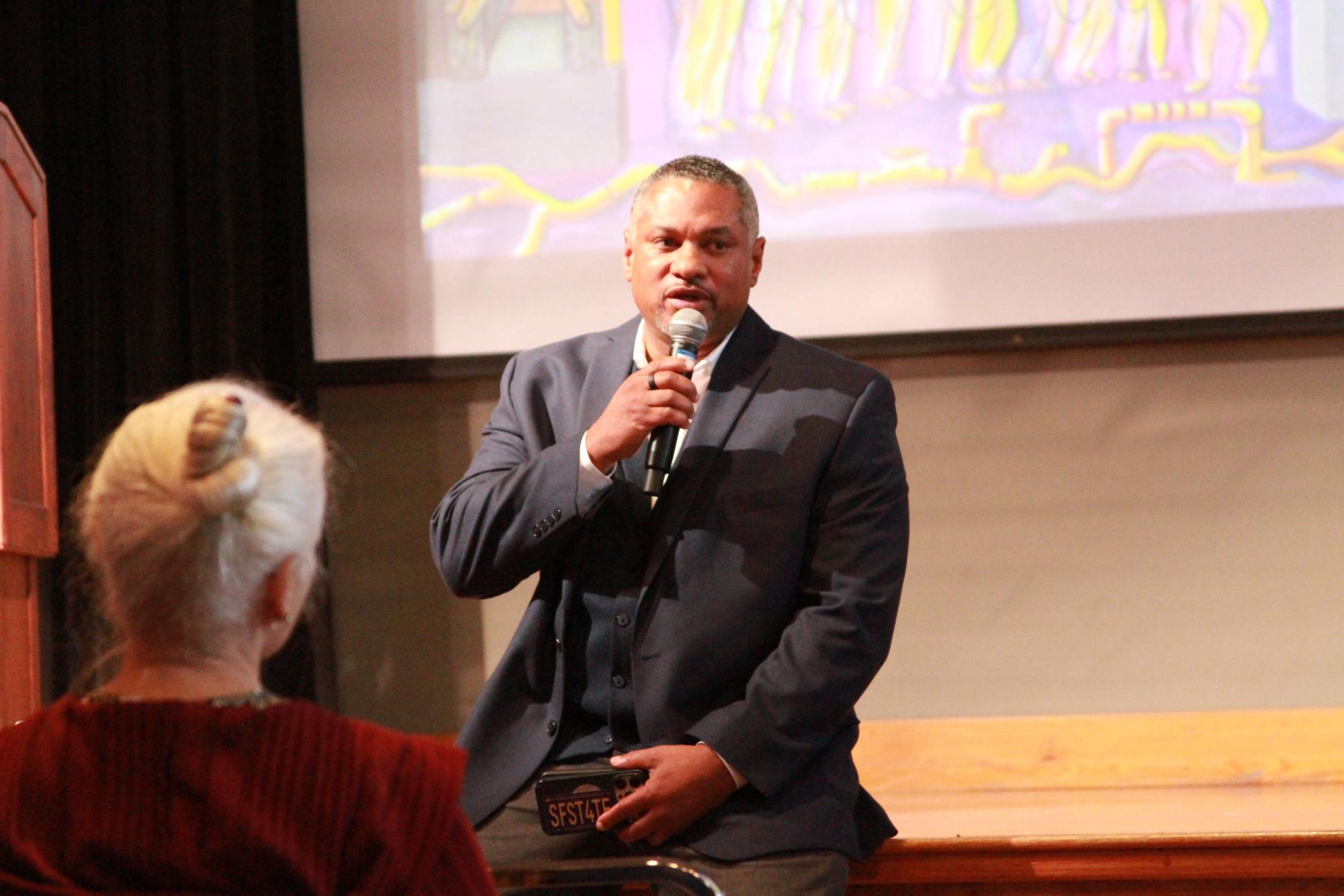
“The justice system is so in favor of locking people up and throwing away the key,” Calvin said. “Project Rebound has been so helpful to me.”
Calvin said he felt disconnected from the new technologies he was expected to use once he entered the free world.
“Interns and staff would help me get most of my school work turned in when I didn’t know how to use a telephone or a computer,” Calvin said.
SFSU was the first campus in the California State University system to have Project Rebound, which was founded by John Irwin in 1967 but has since expanded.
“It took a while,” said Jason Bell, Project Rebound’s executive director. “We had to apply for funding and figure out who was really serious about it. It was a strenuous process but then it just continued to grow and grow.”
Today, the program is available at 15 California State University campuses, reaching students from California State University, San Diego in the south to California State Polytechnic University, Humboldt in the north, encompassing a wide range of locations across the state, according to the CSU website.
Fendt said Project Rebound is a supportive environment where formerly incarcerated students can find stability and guidance to navigate their next steps.
“It’s a tough situation to be in,” Fendt said. “Folks don’t always get the support and understanding that they deserve. It’s very difficult for them to come back to their communities and reintegrate rather than just reenter.”
Project Rebound member and recent SFSU graduate, Al Sasser, was one of the performers in the prisoner monologue.
“I would say returning citizens struggle with relationships the most,” Sasser said. “Not really having healthy relationships prior to incarceration, then coming back is hard.”
Part III of the celebration featured a talk with Gypsy Rose Blanchard.
Blanchard is a formerly incarcerated celebrity whose case gained popularity through a Hulu show titled “The Act” and her two Lifetime documentaries, “The Prison Confessions of Gypsy Rose Blanchard” and “Gypsy Rose: Life After Lock Up.”
Over 50 people attended the prisoner monologues, partially filling the seats of Jack Adams Hall, but when Blanchard arrived, so did 200 more people shouting “I love you.”
Ariel Ibalio, a third-year biology student at SFSU said she only came for Gypsy Rose Blanchard.
“I heard Gypsy was coming to school and wanted to hear what she had to say,” Ibalio said. “I like her personality.”
Blanchard’s experience as a formerly incarcerated person was not the traditional experience as she had fans and fame awaiting her release to ultimately support a career as an influencer.
But Blanchard said she still struggles to navigate creating a deep connection with her partner Ken with her parole guidelines prohibiting her from living with a boyfriend.
“We try to visit each other as much as we can to get some quality time in there, but it is difficult,” Blanchard said.
But nonetheless, Blanchard said she believes in her power to navigate her life as a returning citizen.
“I have a choice now to make myself into whatever I want to be,” Blanchard said. “You are not defined by your past, your status or for anything else.”





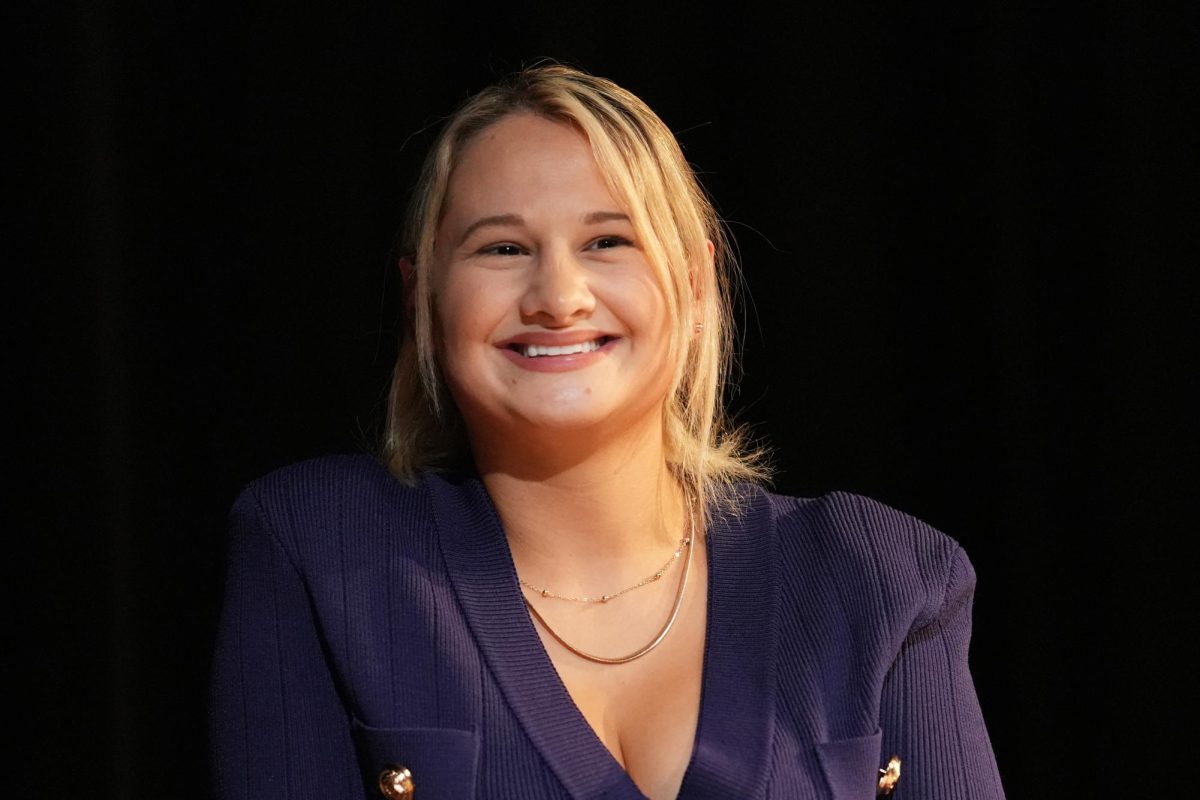
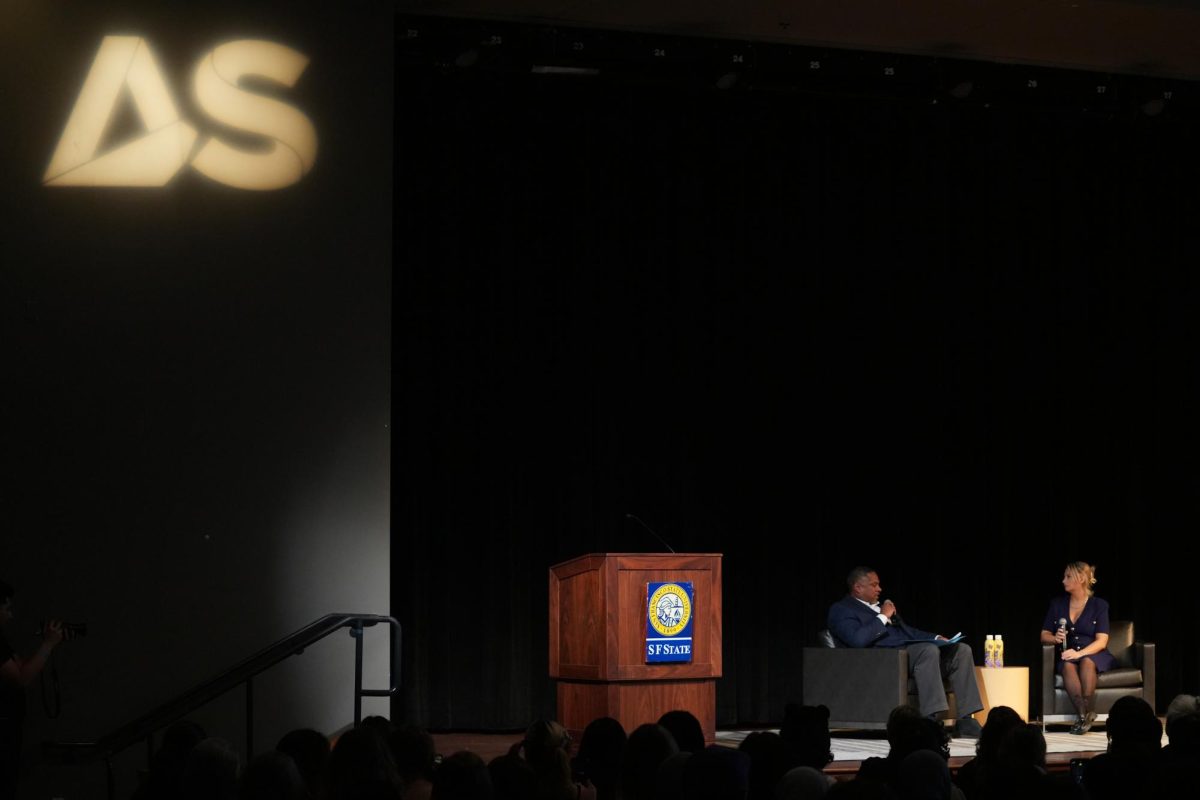
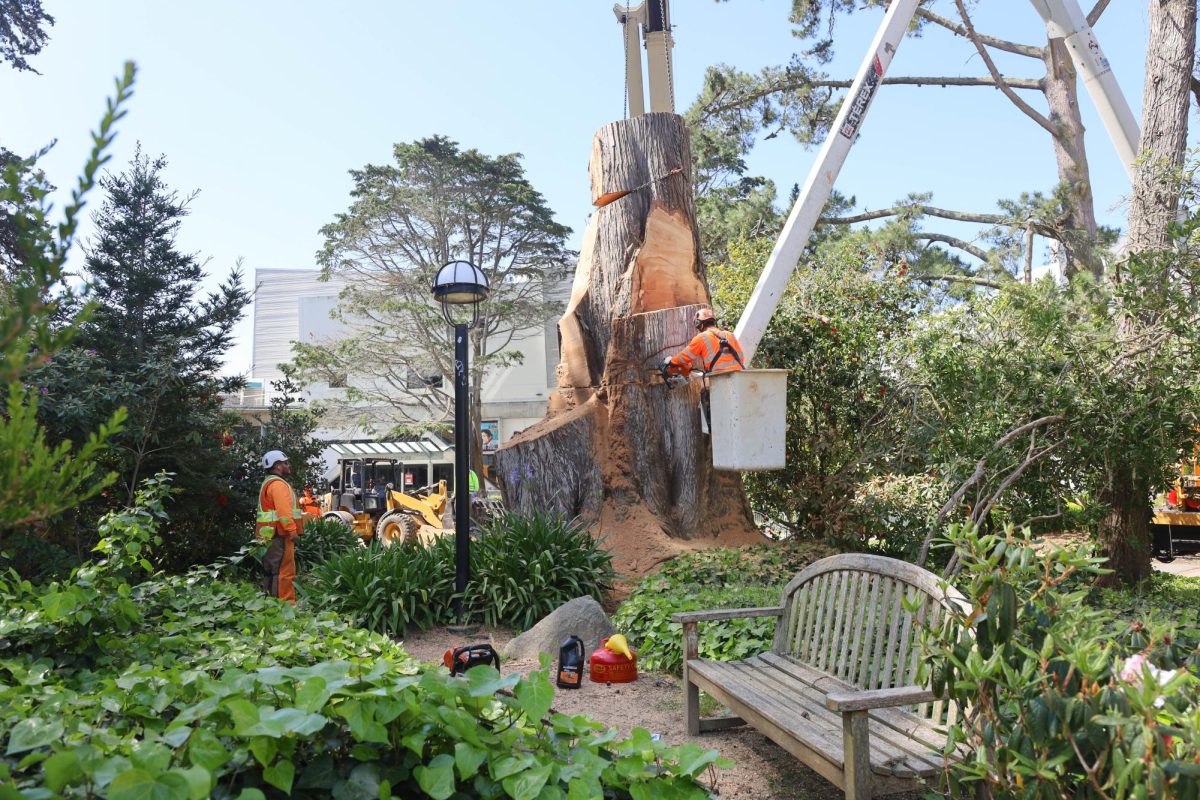
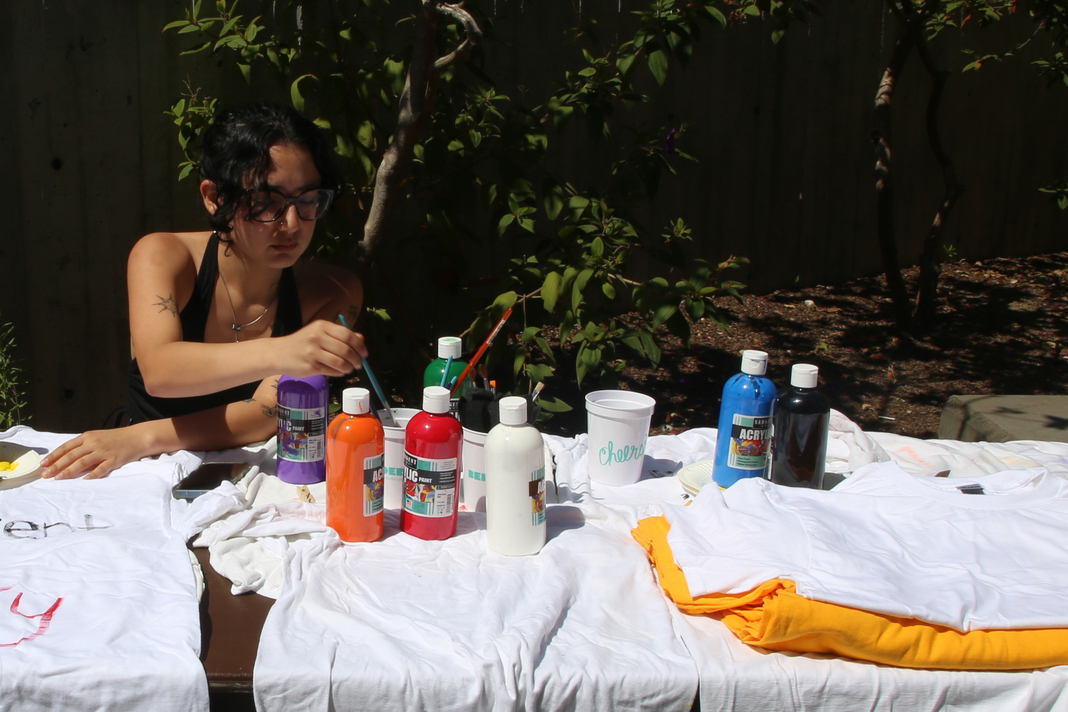
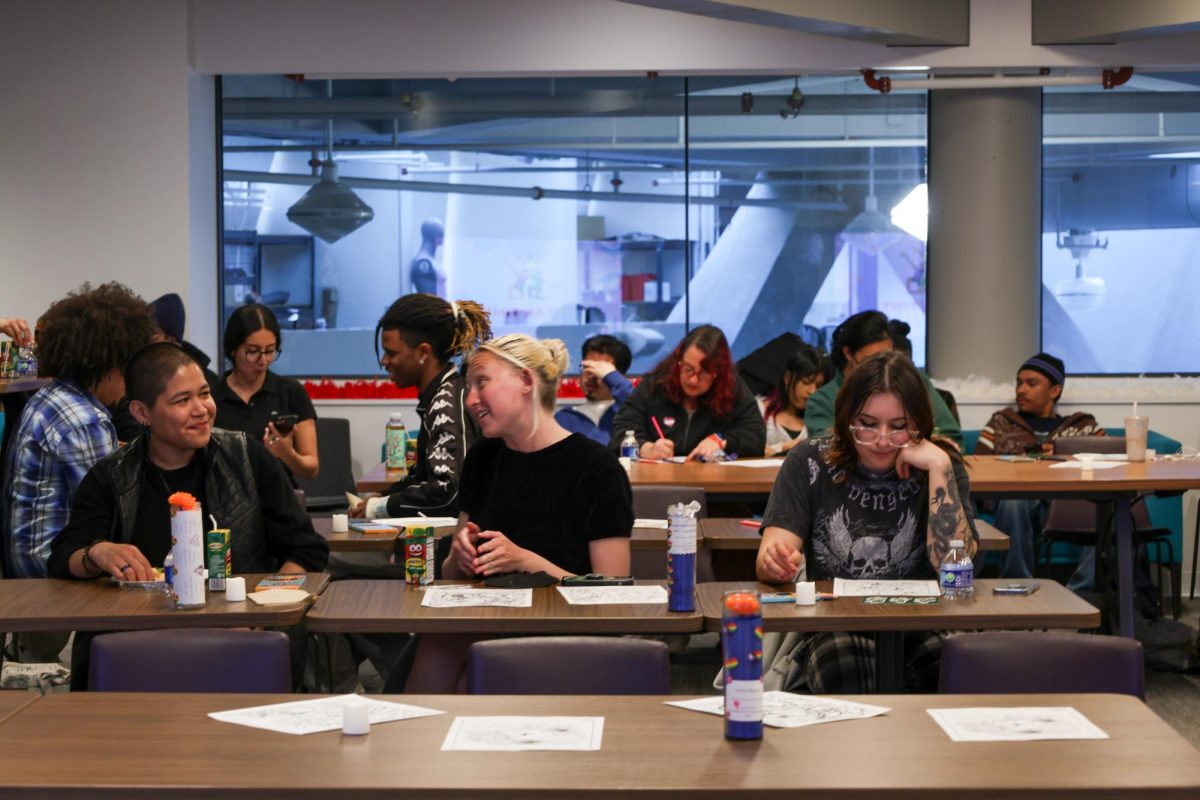

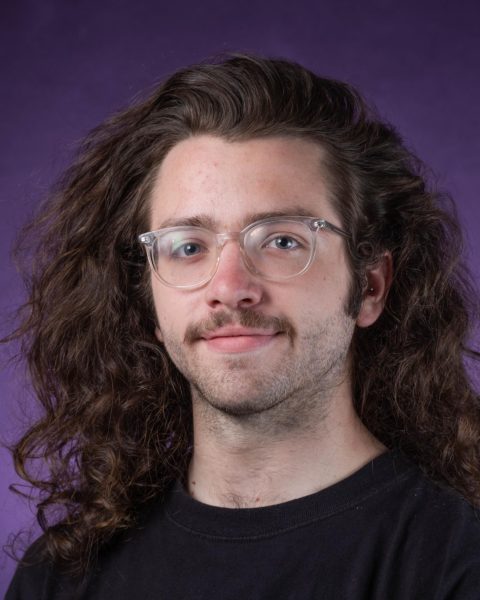
James W Beattie • Feb 28, 2025 at 3:12 pm
That’s a really excellent program to help people get adjusted once they are out of prison I have been doing pretty much the same thing on my own for the past 25 years and I still do it at age 79. I have one parolee in Missouri that I’m helping but she recently got her Cod and will be able to drive a truck. She is done really well upon her release and is working at two different Pizza Huts. My other parolee is no longer on parole in Washington State I helped her for about 3 years and we became very close but the age difference precluded a romantic relationship. She has worked steadily since her release as a housing counselor and also as a hair stylist. This past January she got married and moved to a community near the Washington Shore. It’s been a struggle for her. But she made it and now she can struggle along to pay her bills with her husband with the rest of us. Life is hard for everybody. My opinion about released inmates is that they do not receive anywhere near as much help as they need to be successful. 20 years ago I also had an inmate art project where I listed the artwork of inmates on the internet on sites like eBay and attempted to sell them I had limited success with that but the inmates really like the idea of having their workout there I also worked with art galleries in Tucson Arizona and we put on inmate art shows. It was a really great experience for them and also for me too. Right now I’m in touch with four different inmates. Two of them are in the dog program where they train dogs to be service dogs for handicapped people. One of my inmate pen pals was part of the Arizona fire crew and she would go out with the other ladies and help the Hot Shots fight forest fires in Arizona but she really love doing that so I could say a lot more I have a lot of stories really. But I’m glad that you have the program that you have and it’s very important. Thank you. You are good people